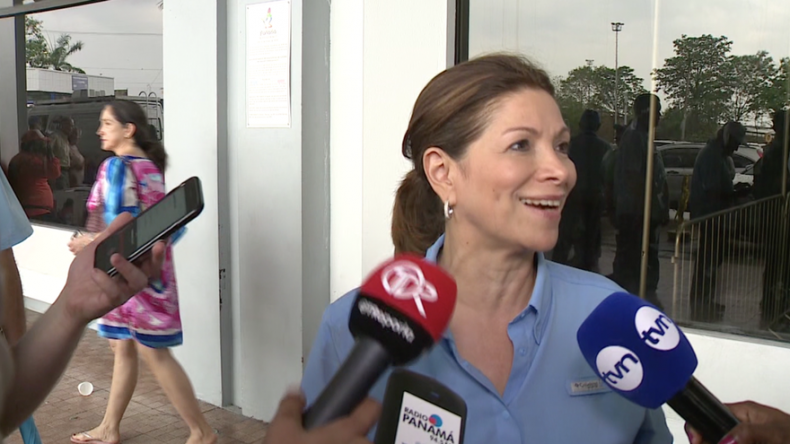

Pierluigi Contucci, Università di Bologna, Italy.Giulio Cimini, Institute for Complex Systems (CNR), Italy.Matteo Chinazzi, Northeastern University, USA.Hocine Cherifi, Universite de Bourgogne, France.Siew Ann Cheong, Nanyang Technological University, Singapore.Yu-Wang Chen, The University of Manchester, United Kingdom.Diyi Chen, Northwest A&F University, China.Chih-Chiang Chen, National Cheng Kung University, Taiwan.Chappin, Delft University of Technology, The Netherlands Anirban Chakraborti, School of Computational and Integrative Sciences, Jawaharlal Nehru University, India.Eric Campos, Instituto Potosino de Investigación Cientifica y Tecnologica, Mexico.Ning Cai, Beijing University of Posts and Telecommunications, China.Daniel Maria Busiello, Ecole Polytechnique Fédérale de Lausanne, Switzerland.Seth Bullock, Department of Computer Science University of Bristol, United Kingdom.Átila Bueno, Department of Telecommunications and Control Engineering, Polytechnic School of University of São Paulo, São Paulo, Brazil.Dirk Brockmann, Humboldt University, Germany.Mohamed Boutayeb, University of Lorraine, France.

Johan Bollen, School of Informatics and Computing Indiana University, USA.Benito, Universidad Politécnica de Madrid, Spain Abdellatif Ben Makhlouf, Jouf University, Saudi Arabia.George Bassel, University of Warwick, United Kingdom.Tomaso Aste, Department of Computer Science UCL, United Kingdom.David Arroyo, Universidad Autónoma de Madrid, Spain.Maia Angelova, Deakin Univ, Sch Informat Technol, Geelong, Vic 3125, Australia, Australia.

Amancio, University of São Paulo, Brazil Alex Alexandridis, University of West Attica, Greece.Al-Hadithi, Technical University of Madrid, Spain Tarek Ahmed-Ali, Ecole Nationale Supérieure des Ingénieurs de Caen, France.Mojtaba Ahmadieh Khanesar, University of Nottingham, United Kingdom.Carlos Aguilar-Ibanez, Instituto Politecnico Nacional, Mexico.Marcus Aguiar, Universidade Estadual de Campinas, Brazil.Andrew Adamatzky, University of the West of England, United Kingdom.

#Ana matilde gomez professional
ICOn-MICS will produce various tools devoted to a broad range of stakeholders including: a database gathering Iberian comics, authors, and research works, a professional website dedicated to Iberian comics promotion, and a guide to use comics as an educational tool. To achieve those objectives, the network integrates 11 European countries, including 7 ITCs and 3 countries of Latin America (IPCs). ICOn-MICS will address it by structuring an international federating network of researchers, professionals, and end-users on Iberian comics to gather research works and improve access to it and to the sources strengthening its dissemination and preservation and improving practices for using comics as an educational tool to highlight and improve the image of this medium. Moreover, research works are very scattered leading to redundant initiatives and sources are not easily accessible. Today, Iberian comics are struggling to position themselves on the global scene particularly because of past political and economic crises and a strong lack of recognition. The iCOn-MICS Action aims at carrying out Investigation on Comics and Graphic Novels from the Iberian Cultural Area (Spain, Portugal, and Latin America).


 0 kommentar(er)
0 kommentar(er)
